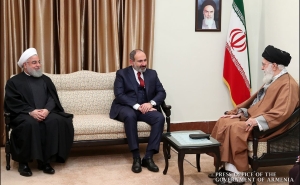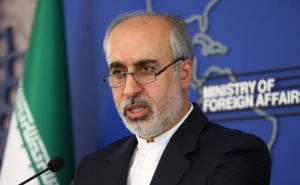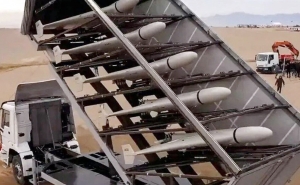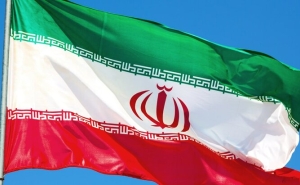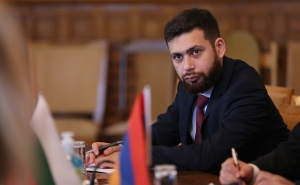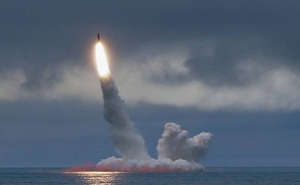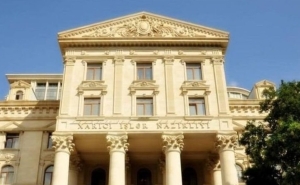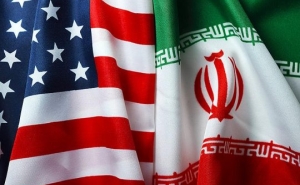Iran and P5+1: Red Lines

As June 30 – the deadline for the Iranian nuclear deal approaches, the predictions whether the sides will meet that deadline or not become more and more. As if to put an end to all those predictions the Foreign Minister of Iran Mohammad Javad Zarif on June 21 declared that it is quite possible that the negotiations over the Iranian nuclear deal continue after June 30, stressing that Iran wants a good deal and for that reason they should not "feel pressed for time." As the iranproject.com reports, the Iranian Foreign Minister has also ensured that Iran will not give in the demands of the six world powers and it has already proved that.
But what are the reasons for such speculations concerning meeting the deadline and of course, the reason for such a statement by the Iranian Foreign Minister?
One of the crucial points around which the sides cannot come to an agreement is question of inspections in all sites, where nuclear activities may be. Tehran constantly declares that no military inspection will be allowed under any deal. Tehran calls this point as an "excessive demand." The six world powers say that Iran should implement its commitments undertaken by Additional Protocol of the Nuclear Non-Proliferation Treaty, when the deal is signed. The Additional Protocol gives the IAEA permission to visit nonnuclear sites. However, Iran claims that, as AlJazeera reports, it allows "some access" but not inspections of military sites. It should be noted that Iran has signed the Additional Protocol in 2003, but has not ratified it. However, from 2003-2006 it has implemented the Additional Protocol, after which it has declared will not implement it any more.
"States that have signed Additional Protocol Agreements with the IAEA agree to provide the IAEA information about, and IAEA inspector access to, all parts of a State's nuclear fuel cycle—including uranium mines, fuel fabrication and enrichment plants, and nuclear waste sites—as well as to any other location where nuclear material is or may be present. States also agree to provide information on, and IAEA short-notice access to, all buildings on a nuclear site. The Protocol provides for IAEA inspectors to have "complementary" access to assure the absence of undeclared nuclear material or to resolve questions or inconsistencies in the information a State has provided about its nuclear activities," says the Protocol. If Iran calls this "some access," then let it be, but reading the Protocol, it becomes obvious that there is nothing written exactly on military inspection and whether by saying inspector access one can also understand a military one, depends on one's interpretation and of course, interests. If Iran has agreed to implement the Additional Protocol under a deal, then, most probably, at the initial stage there has not been any discussions on military inspection and that made Iran feel comfortable with that point.
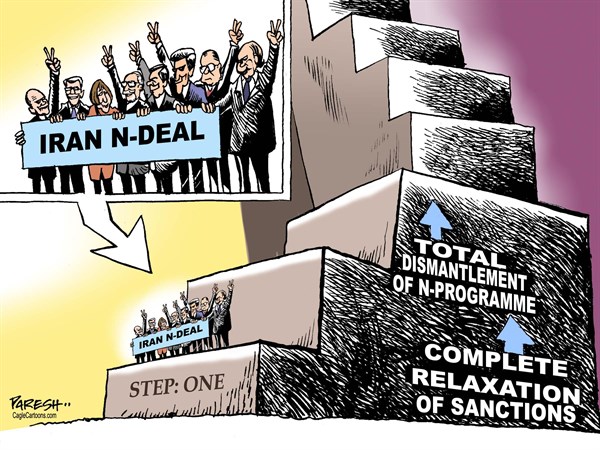 Another issue the sides cannot come to an agreement is lifting of the sanctions. Iran demands the sanctions to be lifted immediately after there is a deal, while P5+1 do not agree with this, as they suggest lifting the sanctions phase by phase. It should be mentioned that only sanctions related to nuclear activity will be lifted and not human rights or terrorism sanctions.
Another issue the sides cannot come to an agreement is lifting of the sanctions. Iran demands the sanctions to be lifted immediately after there is a deal, while P5+1 do not agree with this, as they suggest lifting the sanctions phase by phase. It should be mentioned that only sanctions related to nuclear activity will be lifted and not human rights or terrorism sanctions.
Opponents of nuclear deal with Iran, particularly Israel, claim that if sanctions are lifted, then Iran will use its money coming from the already expended economy, to fund terrorism, destabilize the region and become a threat for Israel. However, this is a claim that cannot be proved unless the sanctions are lifted.
While talks continue, Iran does not lose any time. On June 21, 199 of 213 Iranian lawmakers voted in favor of a bill, which bans access to military sites, also requires complete lifting of all sanctions as a part of a final deal, stripes.com reports. To become a law, the bill must be ratified by the Guardian Council, a constitutional watchdog. The Bill gives "access to military, security and sensitive non-nuclear sites, as well as documents and scientists, is forbidden". The bill also would require Iran’s Foreign Minister to report to parliament every six months on the process of implementing the accord, The Guardian reports.
All these developments suggest that none of the sides are ready to make compromises on the remaining disputed issues any more, as if seeing these points their red lines. Whether there will be a final deal till June 30 or not, is difficult to say, but the fact that the sides will not throw all their efforts away and start from scratch, is obvious. At this moment both Iran and the P5+1 need some changes, positive ones, so as it was possible to move forward, to at last breath and be able to face the challenges that come from quite a complicated situation in the Middle East, the tense relations between the West and Russia...
Other materials on this subject
- Putin Has Phone Talk With Iran President The political settlement in Syria was initiated by Russia, Turkey and Iran, who also vowed to act as guarantors of the settlement of the Syrian conflict.
- Iran Says Awaits US Response to Nuclear Talks 'Solutions' The negotiations, aimed at bringing the US back into the deal and Iran to full compliance with it, had stalled for about two months.
- US Prepares New Options on Iran in Case Negotiations on Nuclear Deal Fail "Because of the way that the Iranians approached and participated in the last round of talks, the President asked the national security team to be prepared in the event that diplomacy fails and to take...
- Iran Ready for Resultative Talks on Nuclear Deal — Top Diplomat "Despite the fact that the West is not implementing its commitments, Iran, for the sake of demonstrating its good will and with an eye of the lifting of the unilateral and illegal sanctions, is again ready...
- Iran Dismisses Idea of Talks with EU and U.S. to Revive 2015 Nuclear Deal The United States said it was disappointed but remained ready to “re-engage in meaningful diplomacy” and would consult with the other major powers to seek a way forward.
-
 17:08
17:08The regular session of the Anti-corruption Policy Council takes place in Jermuk
-
 15:05
15:05The Prime Minister sends congratulatory messages to the supreme leader of Iran and the President of Iran
-
 11:11
11:11Armenia sends earthquake aid to Turkey
-
 10:43
10:43Commemoration of the Pontiff St. Sahak Partev
-
 09:16
09:16Some roads are closed and difficult to pass in Armenia
-
 19:55
19:55Phone conversation of the Foreign Minister of Armenia with the U.S. Assistant Secretary of State for European and Eurasian Affairs
-
 18:30
18:30Prime Minister Pashinyan and President Khachaturyan meet
-
 18:20
18:20Ararat Mirzoyan with Co-Chairman of the OSCE Minsk Group of France Brice Roquefeuil
-
 17:01
17:01Humans could land on Mars within 10 years, Musk predicts
-
 16:45
16:45France, US urge 'immediate' end to Nagorno Karabakh blockade
-
 16:01
16:01Blockaded Nagorno Karabakh launches fundraiser to support quake-hit Syria
-
 15:59
15:59Earthquake death toll in Turkey rises to 18,342
-
 15:43
15:43Ararat Mirzoyan Held a Telephone Conversation with Sergey Lavrov
-
 15:06
15:06French president rules out fighter jet supplies to Ukraine in near future
-
 14:47
14:475 Day Weather Forecast in Armenia
-
 14:44
14:44President Vahagn Khachaturyan wrote a note in the book of condolences opened in the Embassy of Syria in Armenia
-
 14:20
14:20Azerbaijan’s provocations impede establishment of peace and stability – Armenian FM tells Russian Co-Chair of OSCE MG
-
 12:57
12:57France representation to OSCE: Paris calls on Azerbaijan to restore freedom of movement through Lachin corridor
-
 11:40
11:40Command of Kosovo forces highly appreciated preparation of Armenian peacekeepers
-
 10:16
10:16The United States withdrew from sanctions against Syria for six months the provision of assistance after the earthquake
day
week
month
Humidity: %
Wind: km/h


